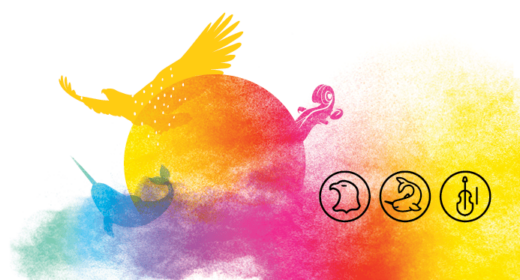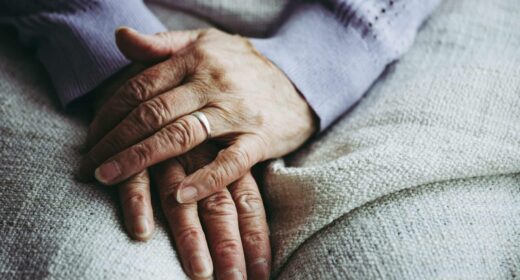Nelligan O’Brien Payne gratefully acknowledges the contribution of Victoria Craine, Student-at-Law in writing this blog post.
Throughout Canadian history, the Inuit community has overcome the effects of colonization aimed at oppressing their cultural identity. Despite the many changes that have threatened their knowledge, languages and way of life, the Inuit have maintained themselves as distinct peoples. The path to healing and reconciliation for this community has been an ongoing process, requiring collective efforts and a variety of resources. The Tungasuvvingat Inuit acknowledges this need, and has become an important local resource providing services to the Inuit community in Ottawa and southern Ontario.
Established in 1987, the Tungasuvvingat Inuit is a non-profit organization providing diverse programming to suit the needs of the urban Inuit community. Their mission is to enhance the health and well-being of Inuit in urban centres and to encourage and support similar programs across Canada.
Tungasuvvingat Inuit provides a wide spectrum of services and programs that target Inuit people of all ages. Programming is based on the traditional values of “Inuit Qaujimajatuqangit”, meaning the Inuit way of “knowing”. Such values include respecting one another, fostering good spirit by being inclusive, friendly and partaking in open communication, and serving and providing for family and the community.
The diverse programming offered by Tungasuvvingat Inuit includes:
- A Community Support Program
- A Family Resources Centre
- A Homeless Service
- An Employment Services Program
- An Education Support Program
- Cultural Education Programming
- A Sports and Recreation Program
- A Health Promotion Program.
Further, there are programs aimed specifically at children, youth, youth in transition and elders.
Notably, the Tungasuvvingat Inuit operates the Mamisarvik Healing Centre and Transition House, which has offered residential treatment to Inuit people since 2003. Mamisarvik participates in the Indian Residential School Resolution Health Support Program.
The program provides cultural support, free of charge, that seeks to assist former students and their families to safely address issues related to Indian Residential Schools, as well as the disclosure of the abuse during the Settlement Agreement process. Elders and traditional healers are available to provide support to survivors and their families, as well as a variety of specific services, including healing, ceremonies, teachings and dialogue.
Finally, professional counselors, such as psychologists and/or social workers, will listen, talk and assist individuals to find ways of healing from Indian Residential School experiences.
Overall, the Tungasuvvingat Inuit aims to reinforce Inuit cultural development in urban areas, as well as support the reconciliation and healing of residential school survivors. Individuals who partake in the programming will be equipped with the skills, knowledge and leadership to enhance their quality of life.
To support Tungasuvvingat Inuit you can donate here.
And to find out more, you can visit their website here or visit one of their various locations in Ottawa.
To read the previous blog post in our series on community-based Indigenous organizations, click here. And to learn more about our Indigenous Law Group, check out our page here.


